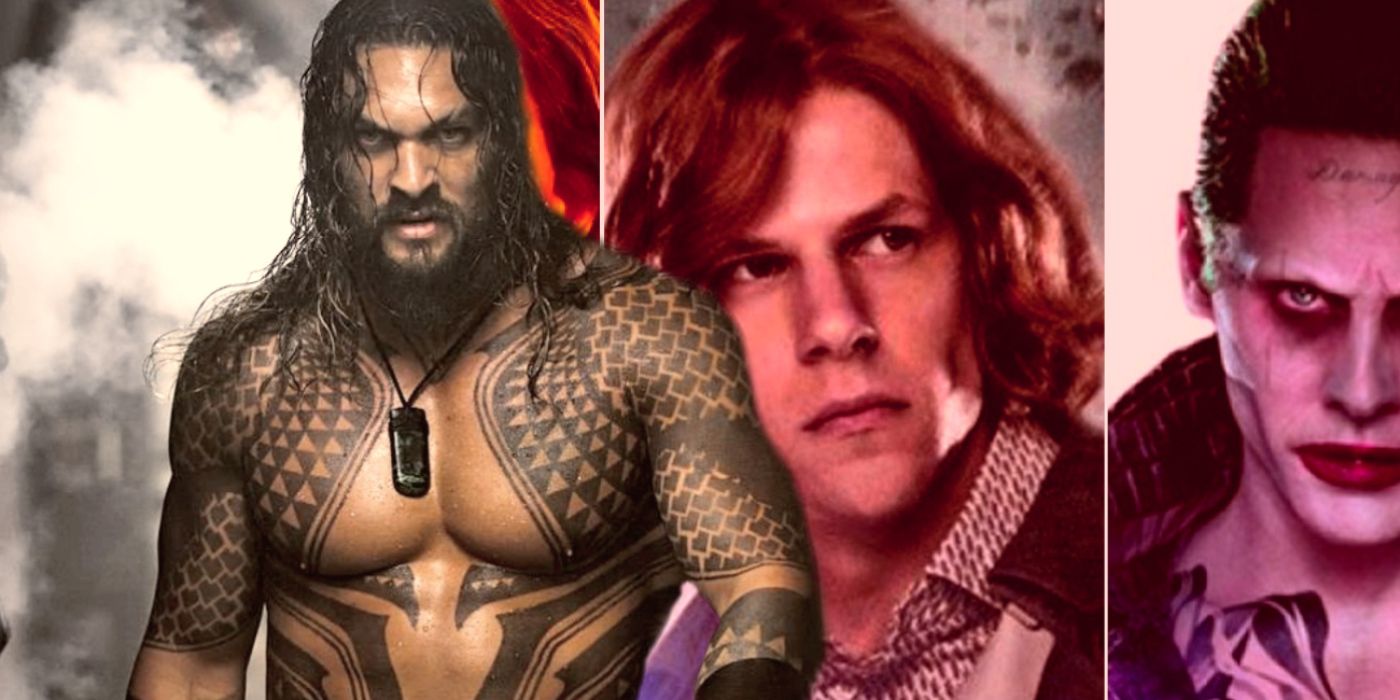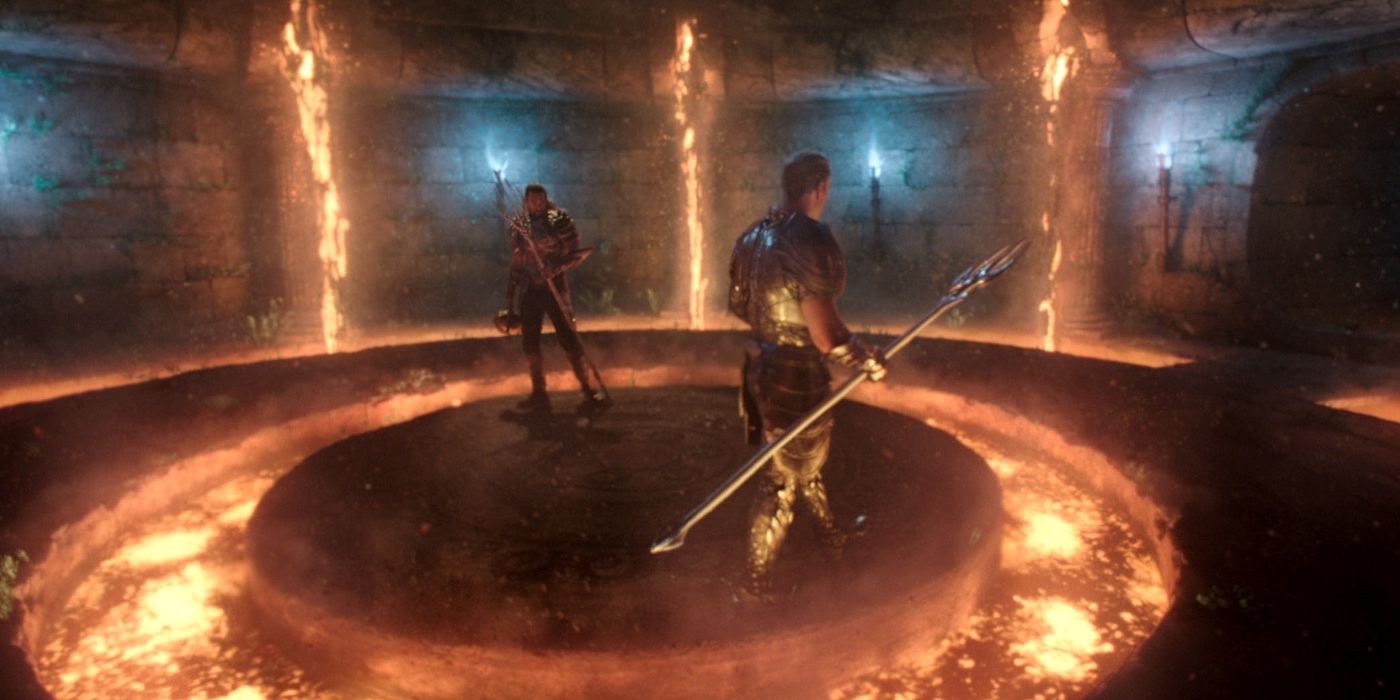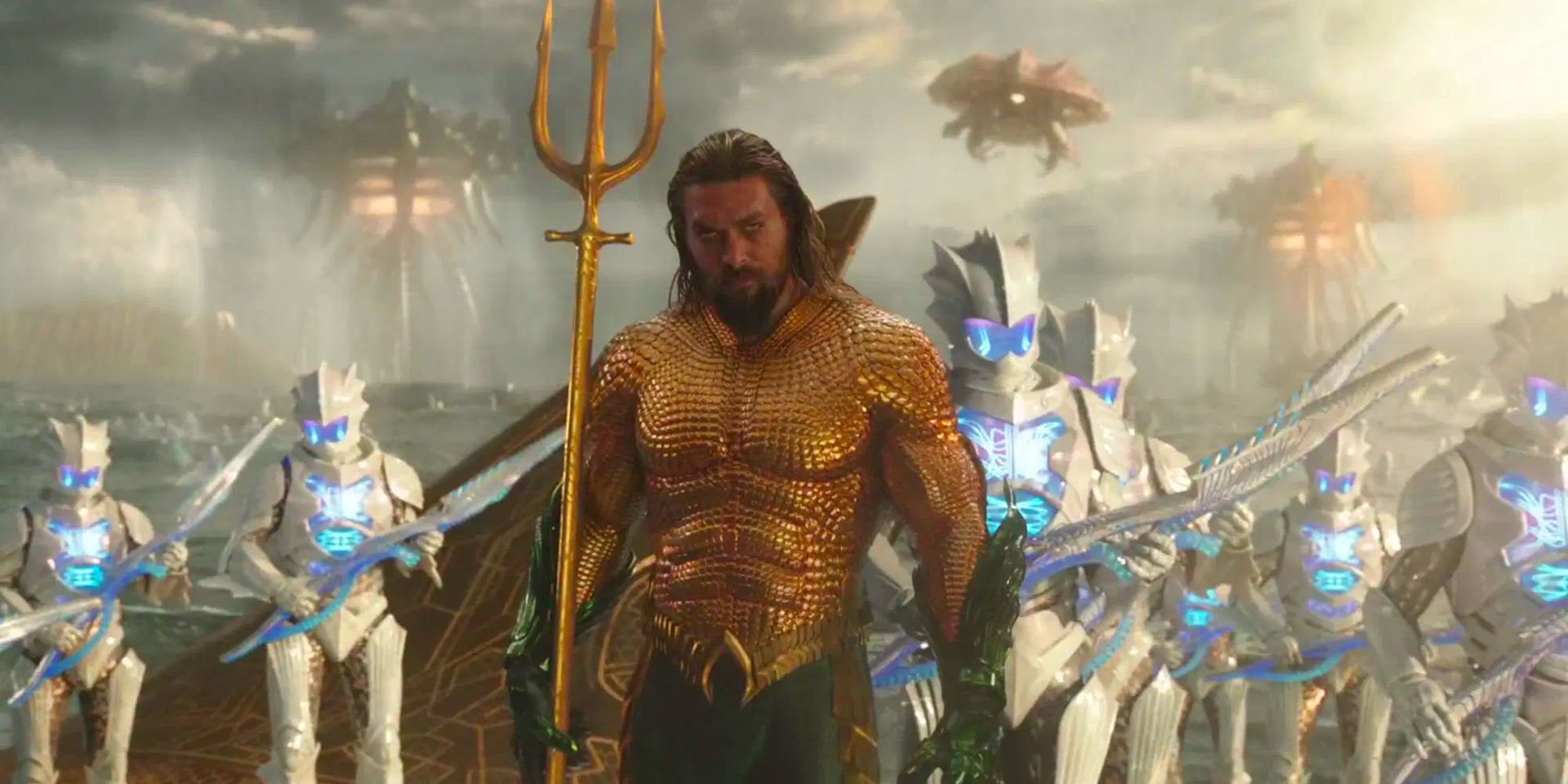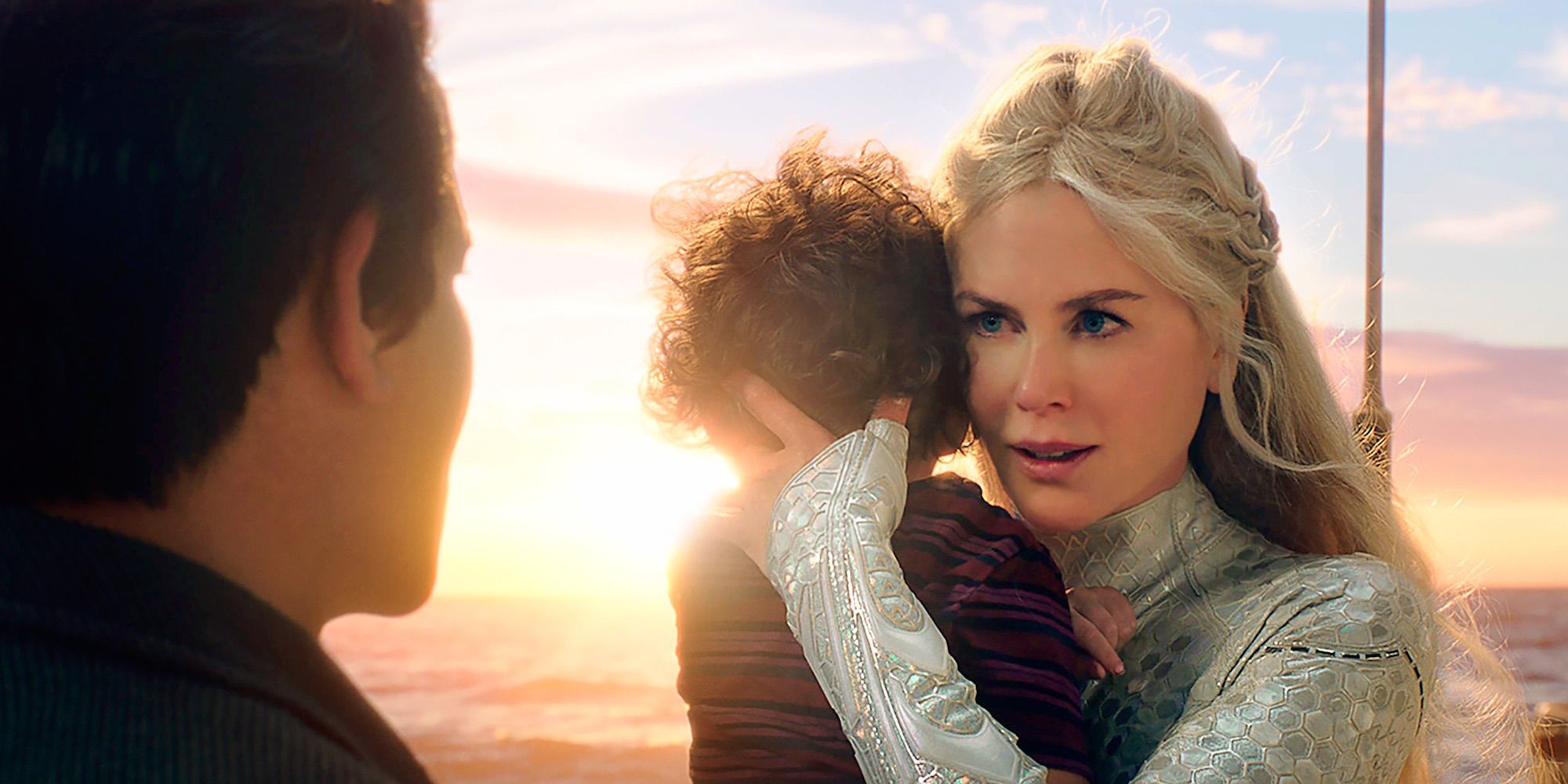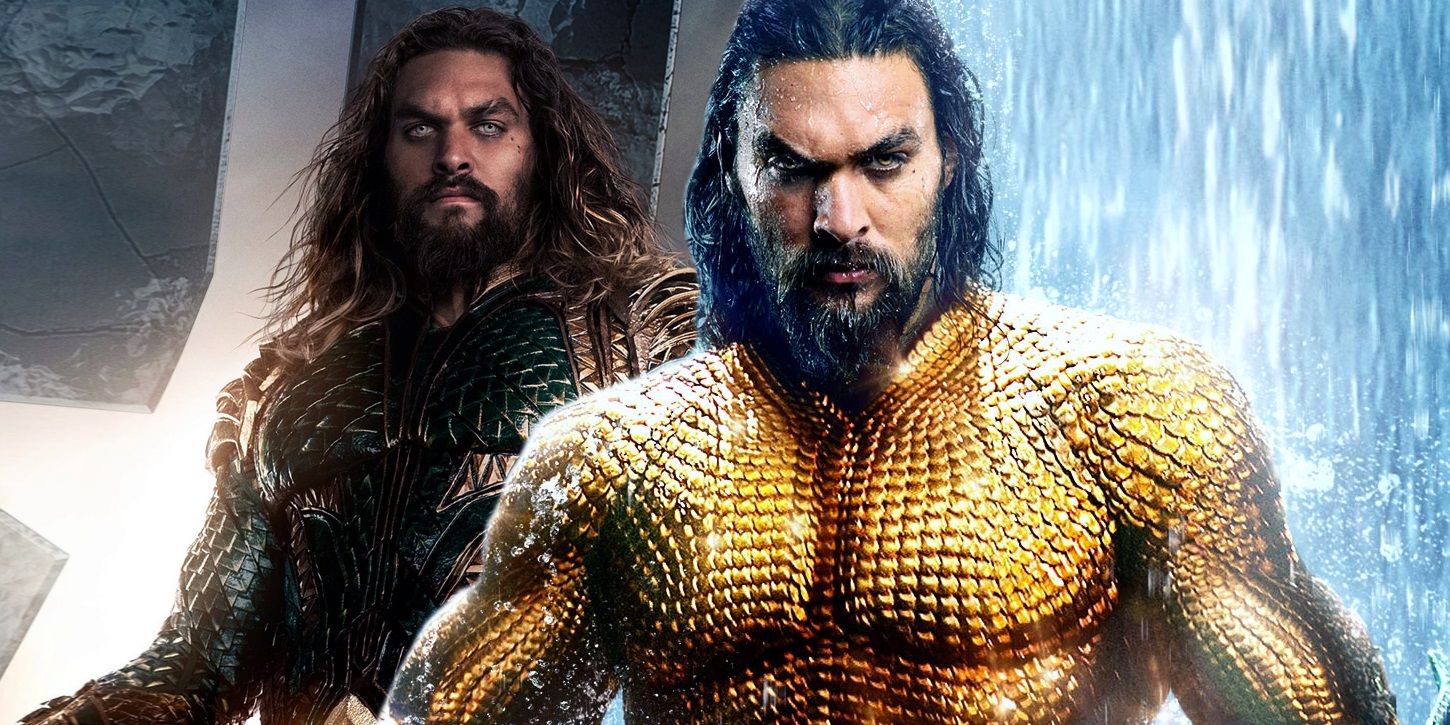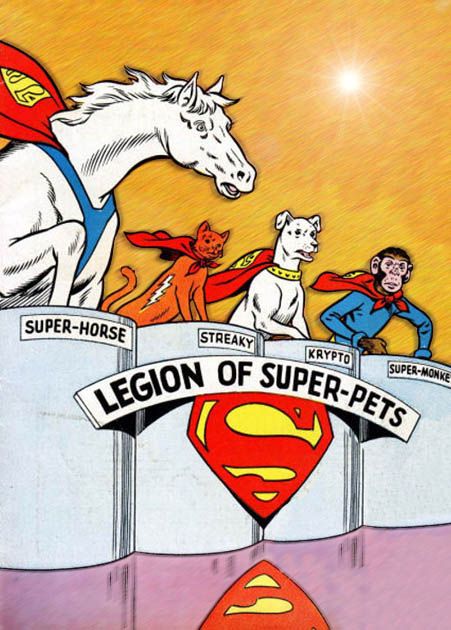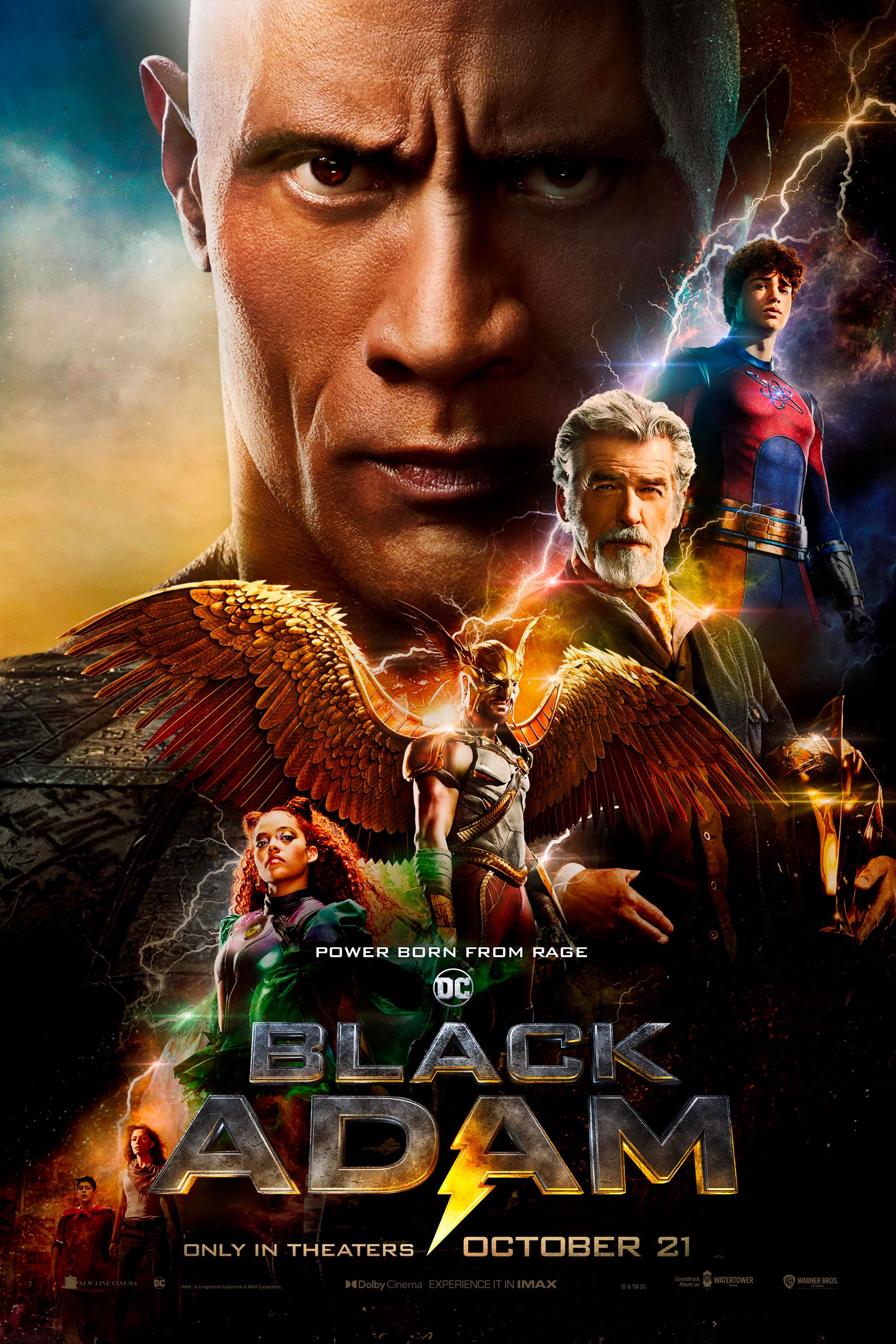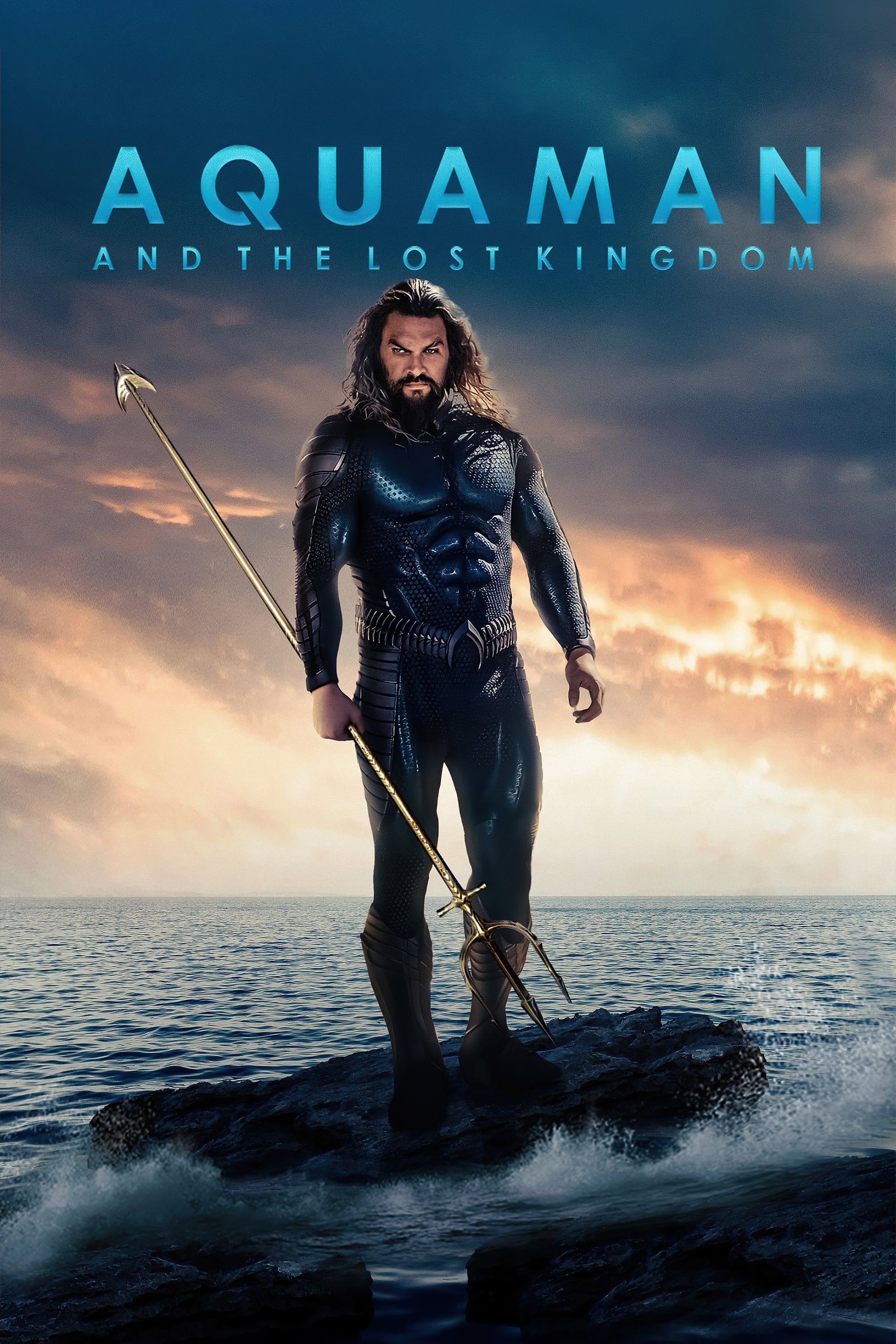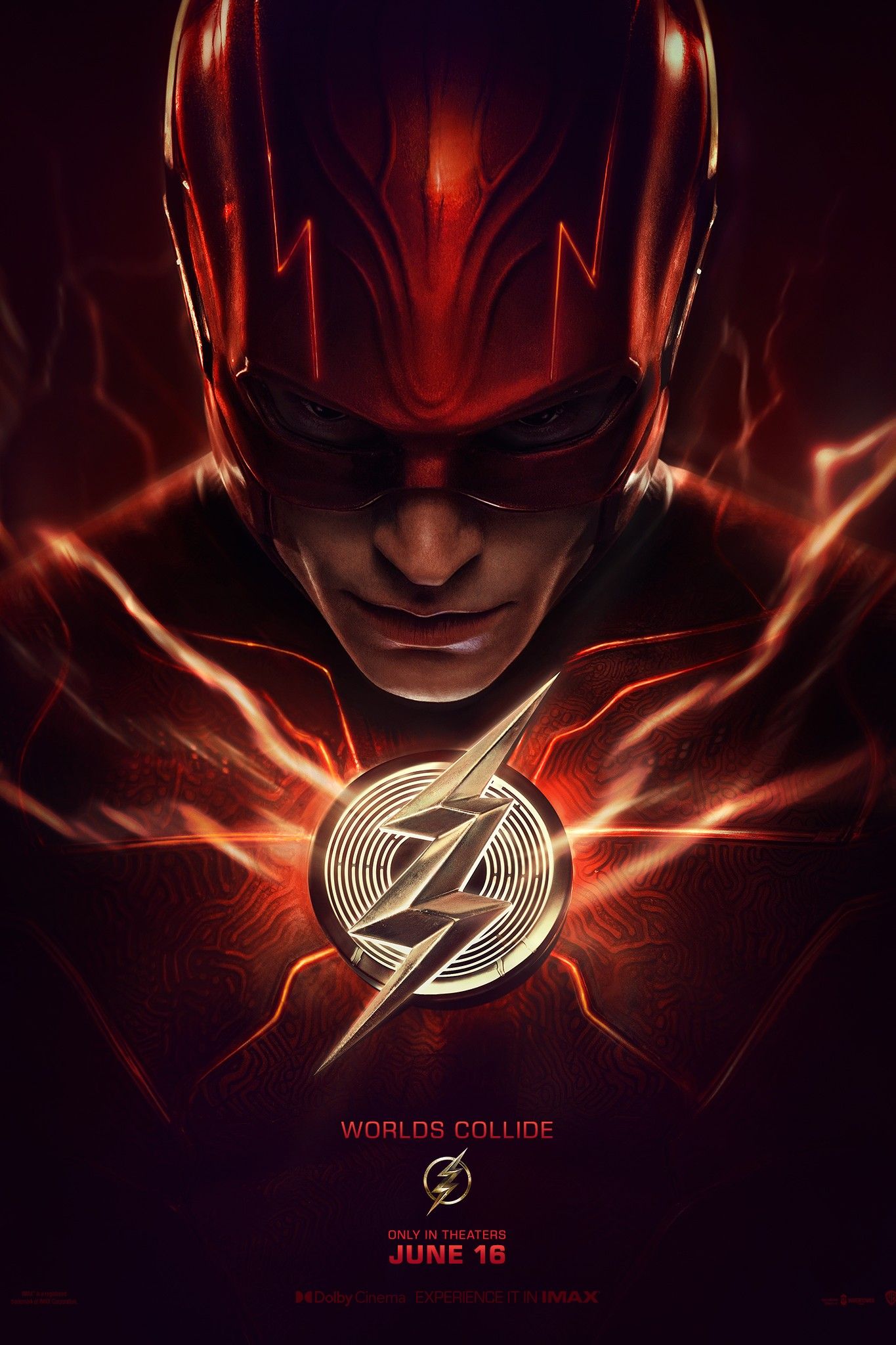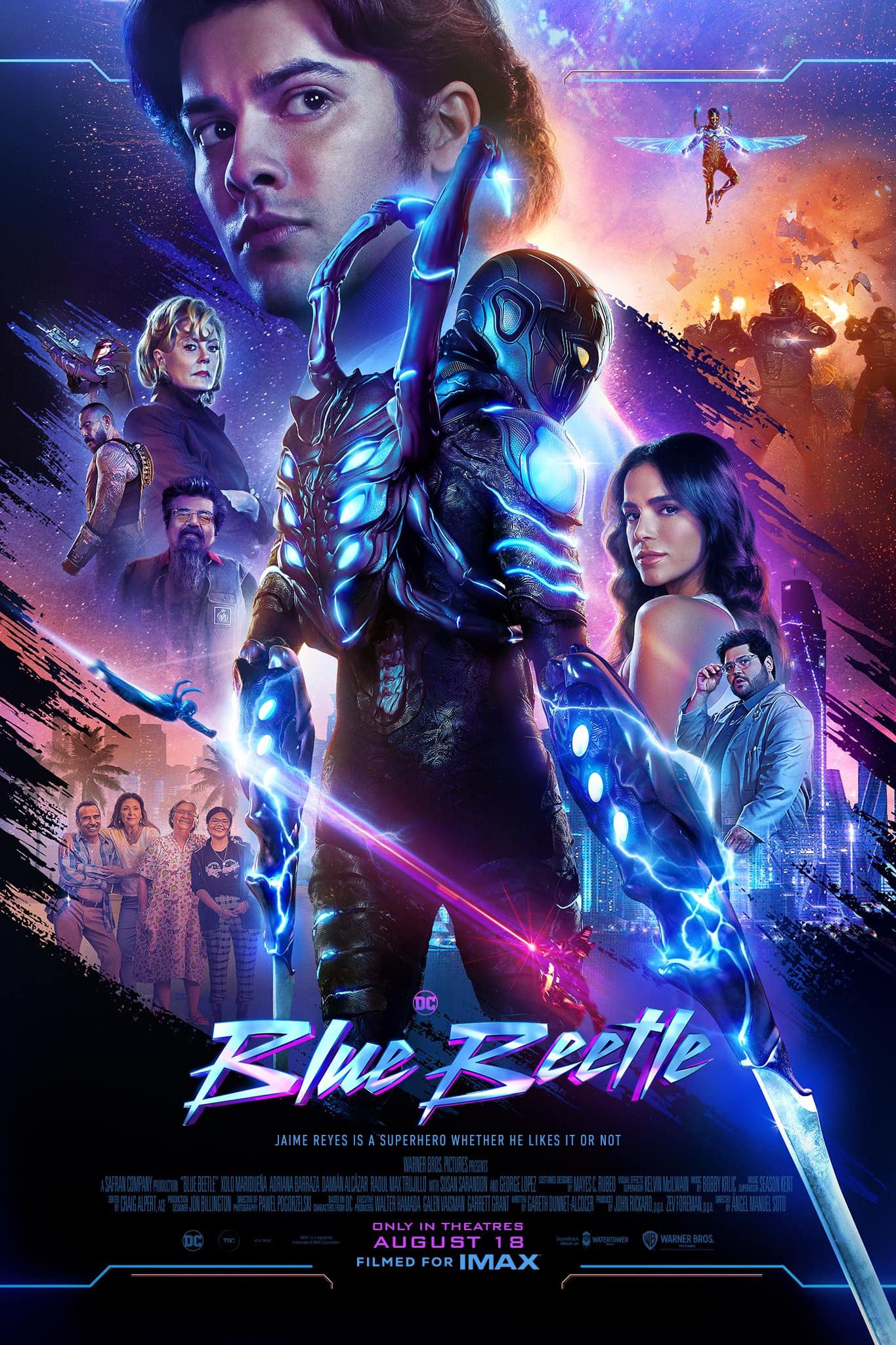One particularly compelling theory suggests that Aquaman is actually secretly a villain in the DCEU, and it does so simply by examining the character's story from a different perspective. First introduced into the franchise via a cameo in Batman v Superman: Dawn of Justice, Jason Momoa's Aquaman went on to become one of the founding members of the DCEU's Justice League. Canonically, his first solo outing comes after the events of Justice League, and it's there that the character was finally explored in depth.
Despite mixed critical opinions, Aquaman was a success at the box office, proving that the character can hold his own among the likes of Superman and Batman with regards to leading his own movies. Aquaman boasted multiple underwater fight scenes, several A-list stars, and a satisfying origin story for the titular character. Raised as a human and having spent most of his life ignoring his Atlantean heritage, Arthur returns to Atlantis to stop his half-brother, Orm (Patrick Wilson), from becoming Ocean Master and declaring war on the surface. Predictably, Aquaman succeeds in his mission by becoming king of Atlantis himself, serving as a bridge between the surface world and the underwater kingdoms.
One theory (via Reddit) actually suggests that Aquaman isn't a hero at all but a merciless tyrant. Though the idea of Aquaman as a tyrant isn't entirely original, there are specific details in Aquaman that highlight his true nature. Not only does he establish his rule through fear, but he's shown to be willfully ignorant of Atlantean tradition. What's more, his treatment of his own half-brother and his casual murder of his soon-to-be-subjects further indicate a villainous streak in the DCEU character, leading to the theory that he may not be the hero he seems.
Aquaman's Motivations Were No Different Than Orm's
One of the biggest pieces of evidence supporting the theory is in the film's subtext. Arthur Curry repeatedly acts with no real regard for Atlantis' traditions and customs, even when he's attempting to dethrone its monarch. Instead of trying to better understand the situation, he simply opposes Orm without a second thought to how taking control of Atlantis in Aquaman could destabilize its society. Put simply, Arthur acts out of emotion without considering the consequences.
This makes him essentially the same as Orm, whose fear and distrust of the surface world prompt him to start a war with humanity. Neither man has given much thought to how his actions will affect others and simply act to protect their respective domains. In this regard, Arthur Curry's motivations are all but identical to those of Aquaman's villain. Though this alone isn't enough to fully secure the theory's plausibility, it does highlight that Aquaman's status as a hero or a villain in Aquaman is entirely a matter of perspective.
Aquaman Became King Through Fear
In the film's third act, Aquaman takes King Atlan's armor and recovers his lost trident. Then, he commands the Karathen to aid him, and he returns to confront Orm and his amassed forces. However, at this point in the film, Orm's forces combine the might of three separate kingdoms, and they're in the process of engaging a fourth in battle. Arthur and the Karathen (which is under his control) lay waste to the battlefield, killing soldiers on both sides of the conflict before confronting Orm directly. After defeating his half-brother in combat, Arthur is declared King of Atlantis.
However, those events don't read quite so well when Arthur is viewed through a more neutral lens. Aquaman's DCEU story is one that sees him characterized by the fear he inspires in his own subjects, something which is perpetuated by his own behavior in Aquaman. From the perspective of an average Atlantean, an outsider arrives with a somewhat tenuous claim to the throne, narrowly escapes a failed attempt to dethrone the current king, then returns with a colossal mythical monster and the clothes of an ancient ruler. What's more, he does all this simply to protect his own people–the same people that have been poisoning both the sea and the planet–and not out of any genuine love for Atlantis. For the average citizen forced to live under Arthur's rule, the DCEU's Aquaman must be a pretty terrifying figure.
Atlanna Subtly Reinforces Arthur's Villainous Tendencies
One character potentially to blame for Arthur's villainous streak is his mother, Queen Atlanna (Nicole Kidman). Through her own actions, she not only plants the seeds of his questionable morals regarding all things Atlantis, but she reinforces them once the pair reconnect. Atlanna's breach of tradition is what ultimately led to Arthur's birth in the first place. By not inspiring any respect for Atlantis in her young son and then disappearing from his life entirely, she inadvertently creates a superpowered character with a strong distrust of his own ancestral homeland.
However, it's later in the film that Atlanna really cements Arthur's villainous turn. Upon meeting him again, she immediately tells him he's destined to be king, despite not knowing anything about the man he's become. After he defeats Orm, she then allows herself to be used to subdue the overthrown monarch, allowing Arthur to further manipulate his half-brother. This gives Aquaman's ending a dark but subtle twist, as Arthur uses his brother's emotions for their mother as a means of controlling the only man able to effectively challenge him for the throne of Atlantis.
Other Ways Aquaman Could Be Considered A DCEU Villain
The theory's interesting take on Aquaman might be mostly based on his story in his first solo film, but it's backed up partly by his characterization in other DCEU movies. His role in Justice League is relatively minimal (in comparison to other heroes), but he's shown not to take his role as one of the Earth's most powerful metahumans particularly seriously. This in and of itself is a trait that could prove dangerous, as he's not shown to accept the full responsibility of his powers, and Aquaman shows this escalating to the point where he could be considered a villain. There's even a hint of this at the beginning of the film when Arthur refuses to save Black Manta and his father, a mistake that results in the creation of the iconic villain.
Unlike other DCEU heroes, Aquaman doesn't take his powers particularly seriously. Even the Flash, the Justice League's resident comic relief character, seriously considers how to balance his heroism with his day-to-day life, but Momoa's Aquaman is a generally carefree man who lives unburdened by the responsibility of his inherited power. This is something that even sitting on the throne doesn't seem to change. If anything, unlocking his true potential seems to be something that spurs Aquaman to act even more like a villain.

